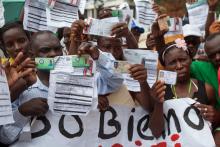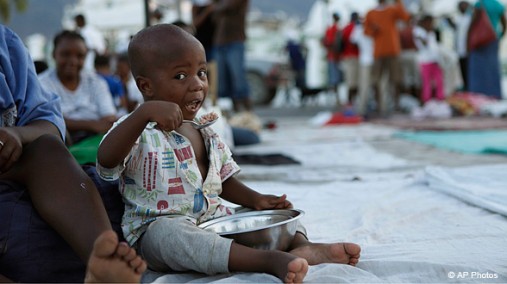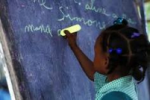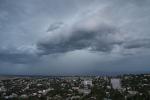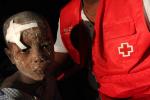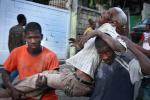Dominican Deportations to Haiti Fuel Growing Fears, Frustration
The Dominican Republic (DR) is again rounding up thousands of Haitian migrants, as well as people who just look Haitian, and deporting them. The DR has drawn criticism for sending unaccompanied children, pregnant women, and other vulnerable people to a country that is in political and economic turmoil. More than 20,000 people, Haitian and otherwise, have been deported in a day period this month alone. As UNICEF put it, "These are not deportations. It is persecution based on race.:" Even the United States has warned Americans with darker skin to stay away. Deportees are placed at great risk, Haiti is further destabilised, and the DR again demonstrates its disregard for human rights. The full article by Al Jazeera follows.
